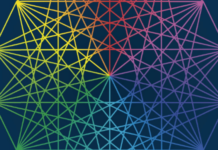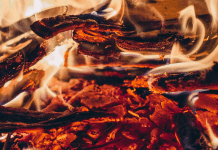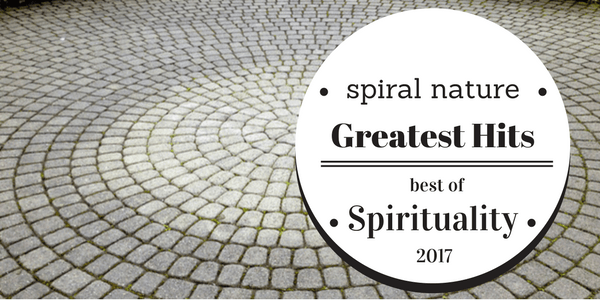
Of the 18 articles on magick we published in 2017, these are the 11 most popular in spirituality.
Click on the title link to take you to the full article to revisit articles you’ve forgotten, meant to read, or maybe haven’t seen yet if you’re newer to the site. (Welcome!)
We’ve had a fantastic year, and it’s all thanks to you — our readers and supporters.
Happy holidays!
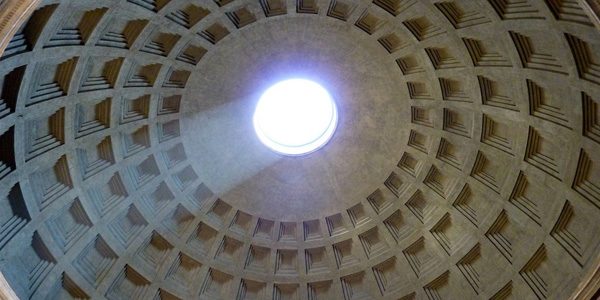
11. How to make sacred spaces into safe spaces
By Donyae Coles
Sacred space presents itself differently to different people. For some it’s the space they practice ritual, to others it’s any space where magick is discussed, but generally most people think of it as a safe space. However, when we ignore intersectionality, we create sacred places that are only safe for some people.
This issue is not one that arises in personal sacred spaces. The sacred spaces we build for ourselves are generally always safe. Issues begin to arise when we enter into shared sacred spaces. As we move through our lives, we all encounter a wide variety of sacred spaces that we share with others. Some of them will be safe, many of them will not be, and not always for the reasons one thinks.
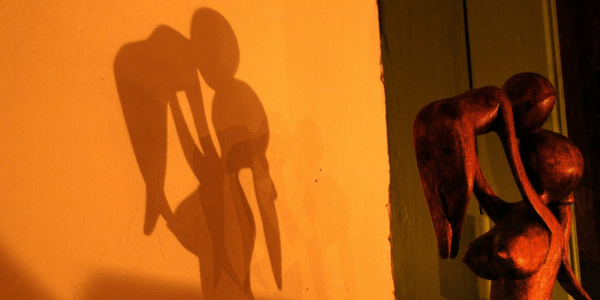
10. Healing the mother archetype: Mortal gods and the divine feminine
The cycle turns, from mother to daughter and back again. Birth and rebirth colour the tides of time, like leaves budded and shed with the seasons. We can’t see into the continuity of this spiraling path with our eyes, and so we believe that this revolution is an amalgam, a whole unto itself. In time, mother becomes Goddess just as father is God. Even when we have grown beyond these childish ideas, there is a resonance to this belief that we hold in our deepest selves that permeates and shapes our lives.
The problem with having mortal gods is that as mortals, we remain deeply divided from ourselves. We cannot hold to the perfection of a being that is conceived in dreams, and who embodies and fulfills our deepest needs and desires. Our mothers cannot shoulder the burden of this need for us. Their bones are too brittle, their eyesight too bleary. They strive for us but their victories cannot vanquish death. Though they seek to raise us beyond themselves, they cannot shepherd us past the gateway to the places where the divine resides.
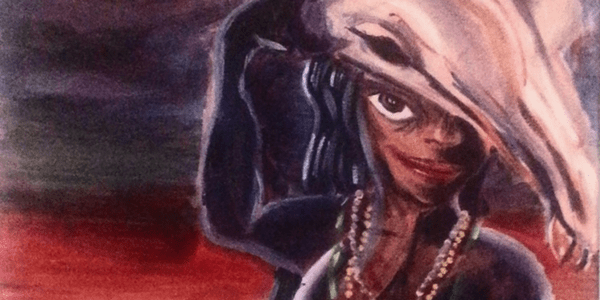
9. African pantheons: A primer
By Donyae Coles
Coming into Pagan and spiritual paths as a Black person can be difficult. Finding resources, people to follow, and spaces that feel welcoming are all hurdles that we deal with but even learning of deities who look like you, which is to say, Black, can be hard but they’re out there.1 Here’s a primer to get you started on the worship and vernation of Black gods, goddesses, and spirits.
Unlike some of the more popular pantheons, when it comes to African-based spirituality, what is available to most people through mainstream resources tends to be centred very heavily on the Egyptian pantheon, leaving new Black witches without much in the way of information.
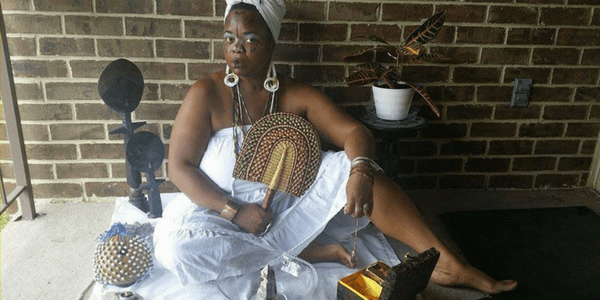
8. Dawtas of the Moon: A chat with Omitola Yejide Ogunsina
By Donyae Coles
Omitola Yejide Ogunsina is the founder of Dawtas of the Moon, a convention for Black witches to meet and share their knowledge with each other. We sat down and chatted with Ogunsina to find out more about the convention and her beliefs.
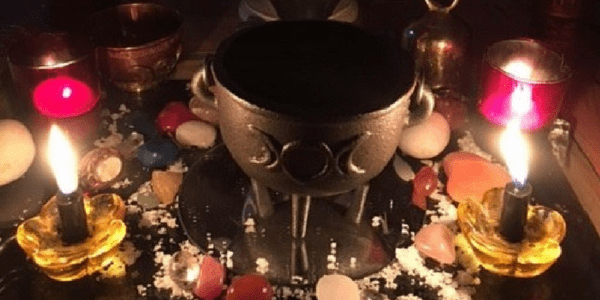
7. The Morrigan: A dark moon meditation
Get comfortable and release all your cares and concerns from the day. Hood your cloak, so it’s now covering your head. Breathe deeply, in and out. Feel your feet resting on the floor.
Gently go within. We are going on a dark moon journey with the Morrigan.
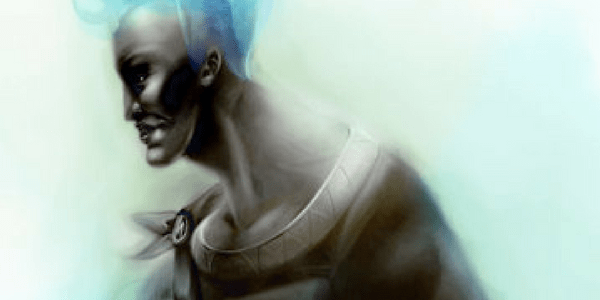
6. Worshipping familiar gods: Going beyond pop culture
By Donyae Coles
There are deities out there that come from non-European backgrounds, but some people of colour (POC) still feel more comfortable with ones from European-based cultures. This is completely fine; there is nothing wrong with that. We are drawn to what we are drawn to, but we must always practice respectfully.
When dealing with a deity outside of your race or heritage, you need to do a bit more groundwork than just buying a statue and placing it on your altar, and more than just learning about them, you need to learn about the culture and history of the people that the deity came from.
This is true, even if you are a POC who wishes to honour a European deity. Since western, or European-based culture is the dominate culture in many places, we mistakenly think that we do not have to spend time learning anything about them, but we do.
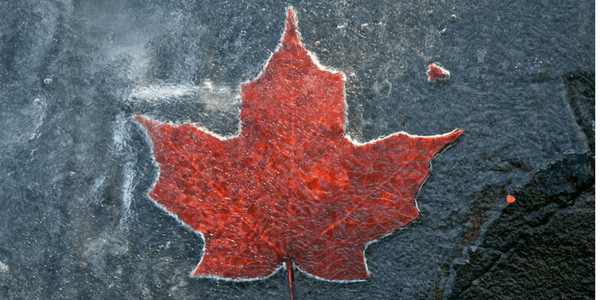
5. Canadian Pagans taking a stand against bigotry and intolerance
On Human Rights Day last year, a group of Canadian Pagan and Heathens launched a declaration to address intolerance within the communities in which we live, as well as within our own communities. Any Canadian who experiences marginalization knows that in recent months there has been a palpable uptick in discriminatory acts, that leaves some of us hurt, lost, and apprehensive. As a queer person who does work in interfaith communities this has been especially unmistakeable.
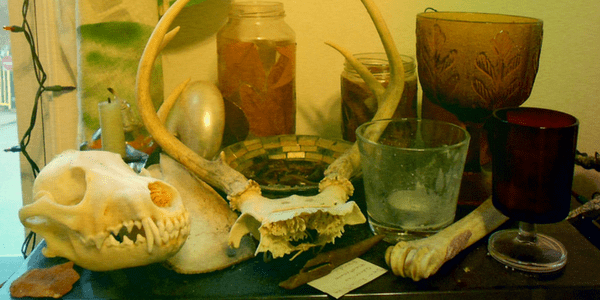
4. Creating your altar: A beginner’s guide
By Donyae Coles
Altar space is a personal and sacred space. Some people leave their altars out in the open, while others keep them shielded from public eyes. Some people have very elaborate setups while others have very simple displays. Regardless of which way you go, your altar is about you, and the needs of your practice.
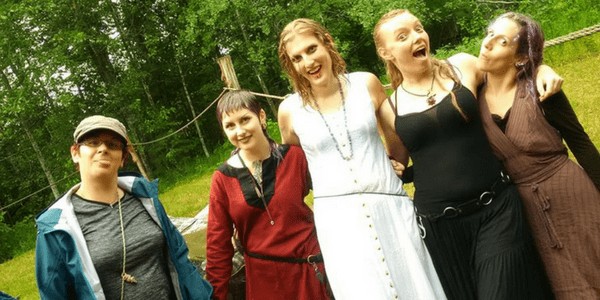
3. #HavamalWitches: We are the witches the Havamal warns you about
I didn’t mean to start an international movement against sexism in my religious community. I didn’t mean to stir the pot that deep. But, I did and I’m happy about it. I am one of the witches that the Havamal warns you about.
“The Havamal” is a 165 stanza poem that was written down in the late 1200s as part of the Codex Regius, an Icelandic text of Old Norse poems. More commonly the Havamal is considered as part of the Poetic Edda, and although far from only text quoted in Heathenry it is certainly the most common. Not surprisingly, material from that period is laced with sexism, having been written mostly by literate classes who often were Christian monks. We can both thank these monks for writing down these poems and stories, but also be wary of them, as well as be wary of the sexism inherent in the time period in which they were writing.
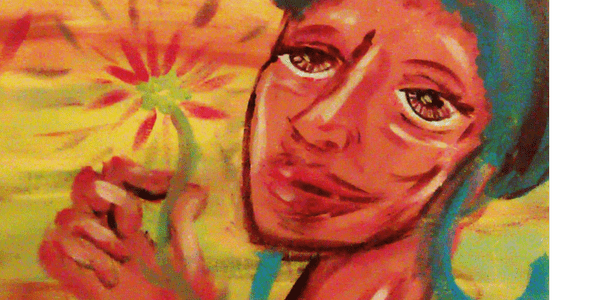
2. Black witch resources: Getting started
By Donyae Coles
Finding guidance and materials when you are learning and trying to find your spiritualpath can be difficult, especially when you’re a Black witch. Much of the readily information about magick and witchcraft has a very European feel to it which, in my experience, caused me to question if magick was even for me.
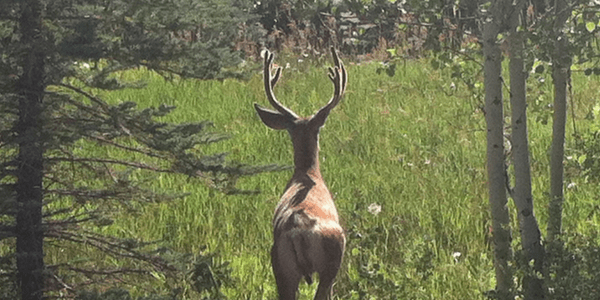
1. Not your spirit animal: Cultural appropriation, misinformation, and the Internet
By Donyae Coles
According to the Internet, anything and everything can be your spirit animal.
Cat? Spirit animal. Pizza? Spirit animal. The “1812 Overture?” Spirit animal.
Like most things on the internet, however, this is not only wrong but extremely offensive. The culturally-appropriative way that the term “spirit animal” is used in everyday speech is extremely harmful and so casual that most people don’t even think twice about it.
The reason why the term spirit animal has risen to popularity on the Internet is because it’s so easily understood. What people are saying is that they like this thing a lot and that makes them happy. It’s that simple. Using “spirit animal” is a short hand that shows how into something they are.
The problem is that the continued use of the phrase is a part of the cultural appropriation of Indigenous culture that seeks to commodify and erase the realities of Indigenous people.
What were your favourites from 2017? What would you like to see us cover in 2018?


